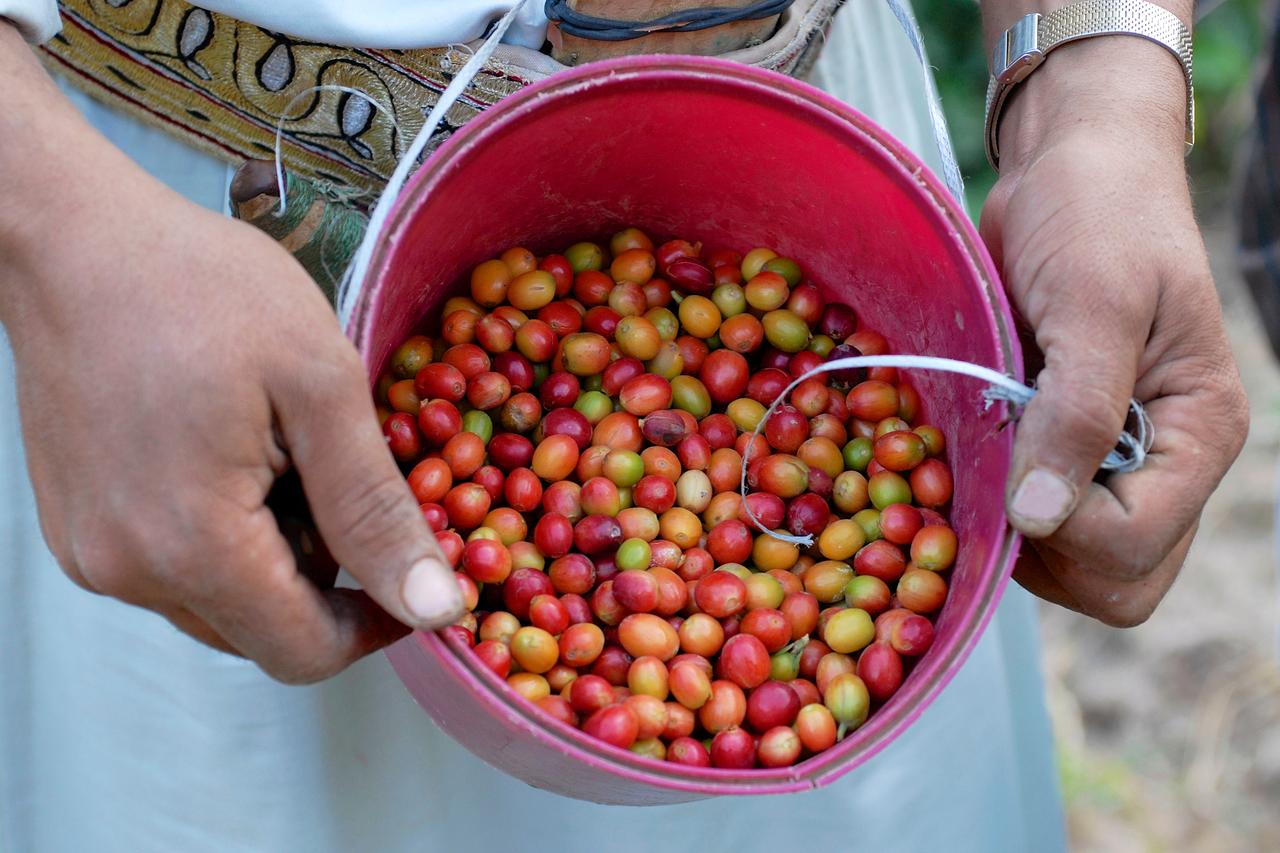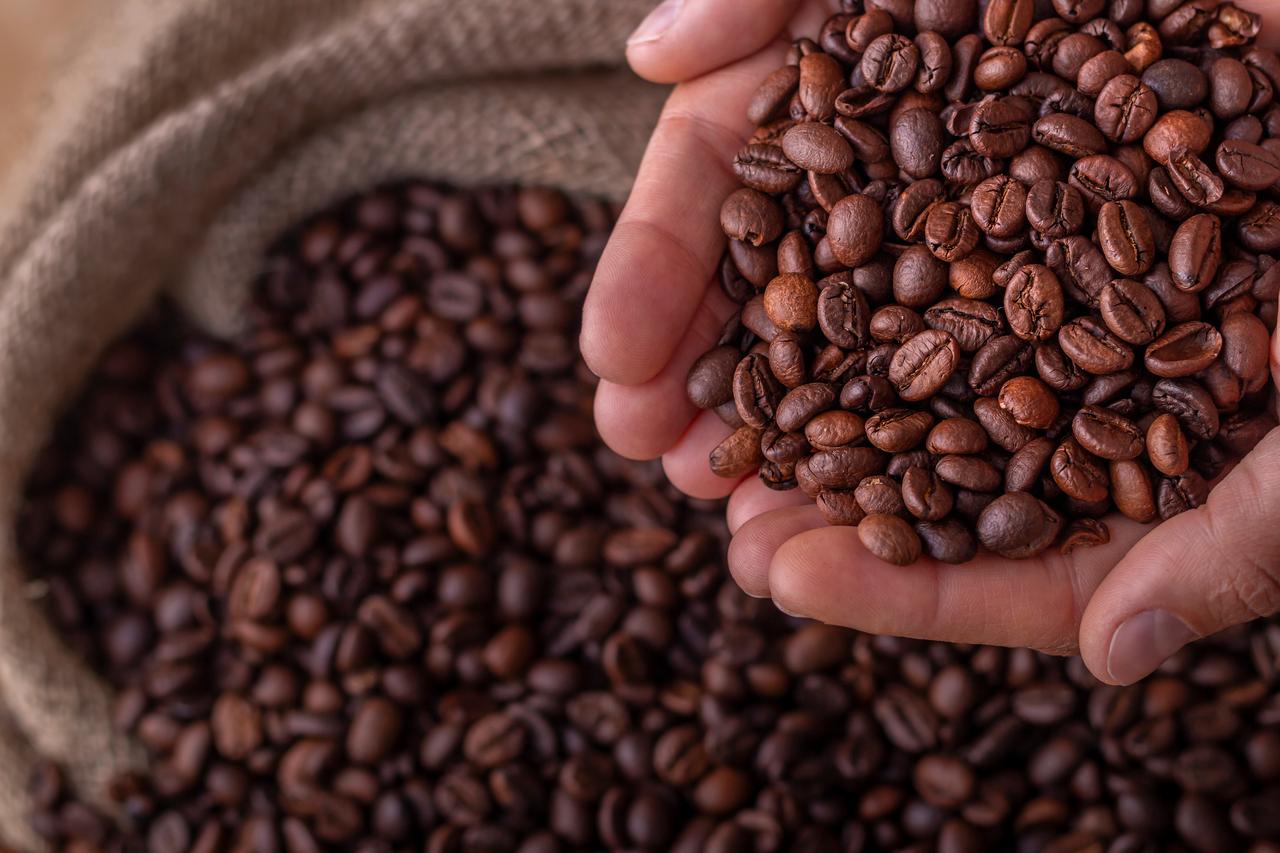
Türkiye has eliminated import tariffs on raw coffee beans sourced from Least Developed Countries (LDCs), a move expected to slightly reduce domestic prices of filter and espresso coffee over the next two to three months.
The decision, announced in the Official Gazette on Tuesday, covers 49 countries categorized as LDCs, including prominent coffee producers such as Ethiopia and Yemen, known for their high-quality Arabica beans.

Türkiye’s coffee imports exceeded $400 million in 2024, according to official data.
Speaking to business-focused bigpara.hurriyet.com.tr, Ahmet Tiryakioglu, Chair of the Cereals, Pulses, Oil Seeds and Products Sector Board at the Turkish Exporters Assembly (TIM), said the tariff removal could have a positive impact on domestic markets. However, he emphasized that any price drop will depend on several variables. “Although the tax cut will reduce importers’ costs, retail coffee prices are still influenced by global supply-demand dynamics and broader economic factors,” Tiryakioglu said.

He added that the extent to which this cost reduction will be passed on to consumers depends on the pricing strategies of importers, domestic production costs, and fluctuations in international coffee prices. “While a limited decline on the shelves is possible, the final impact will vary based on global market conditions and domestic pricing behavior,” he noted.
Sertac Yalcin, CEO of Arabica Coffee House, echoed the sentiment, stating that while zero tariffs directly reduce procurement costs, they are not the sole determinant of final prices. “Before the pandemic, coffee traded at around $110–130 per metric ton. Since then, prices have surged, at times reaching record highs of up to $450 per ton. Currently, futures prices are still volatile and hover around $400,” he said. “Despite the tax exemption, such elevated market levels make an immediate price drop unlikely. At best, it may curb further increases or slow the rate of price growth.”
According to the International Commodity Exchange, Coffee C futures were trading at $388.85 per metric ton as of Friday, remaining near their highest levels in recent years.
The recent surge in coffee prices has been primarily driven by supply disruptions in Brazil and Vietnam, the world’s two largest coffee producers. Persistent weather-related challenges and logistical constraints since 2024 have limited global output, tightening supply and fueling price hikes.